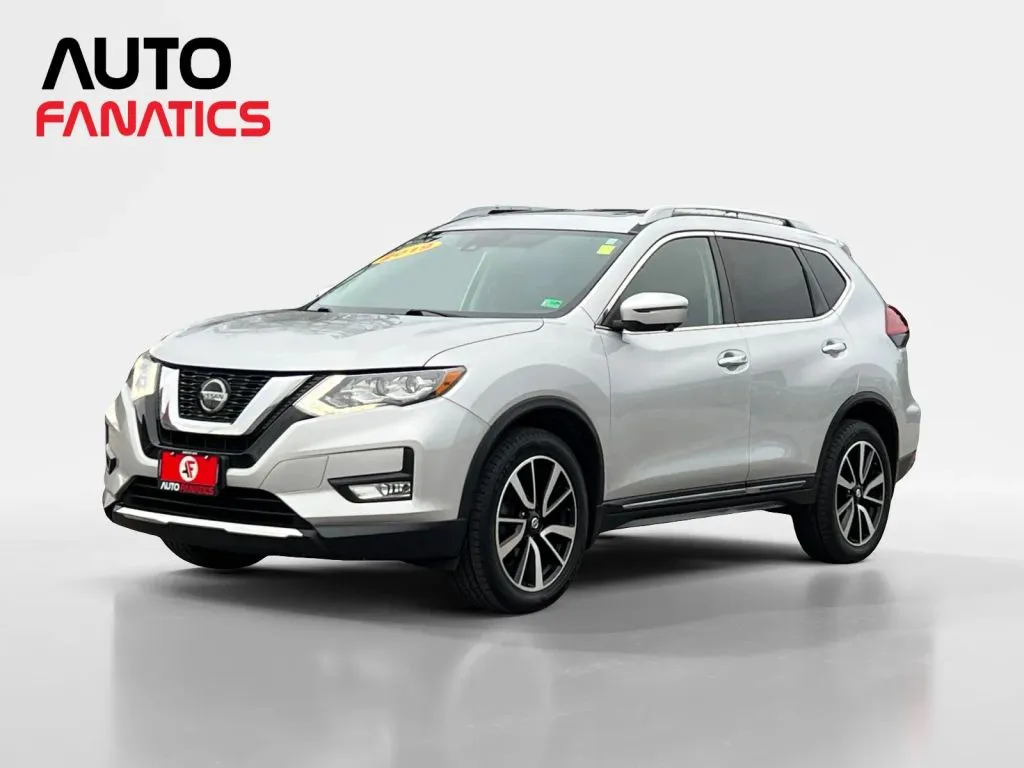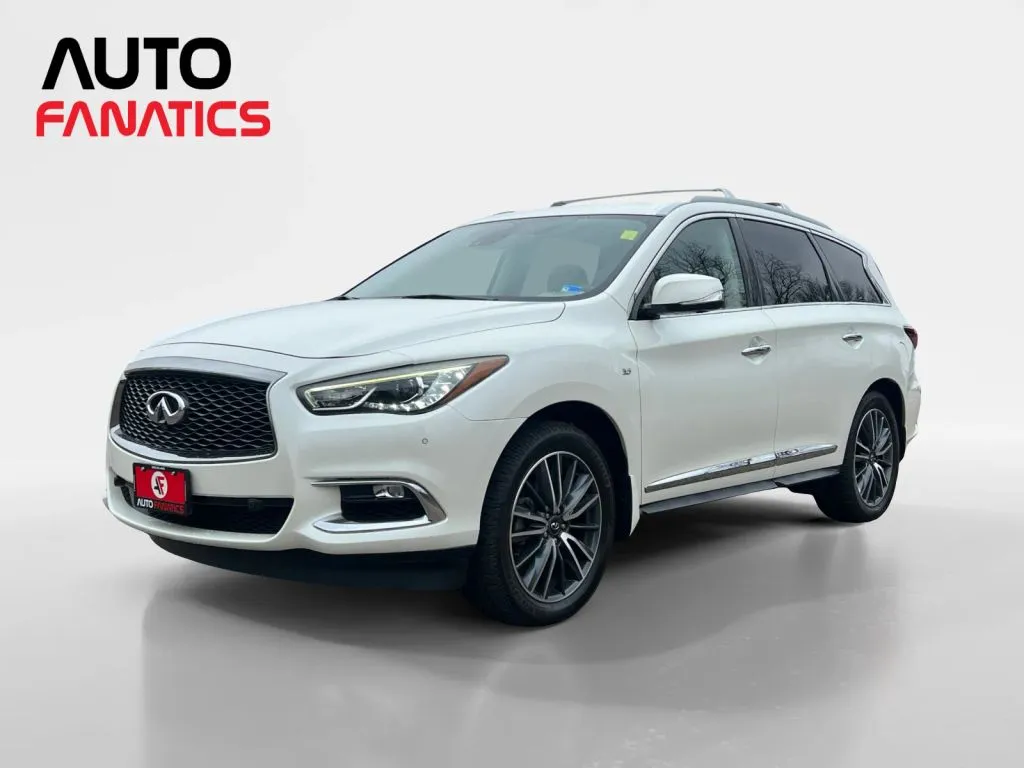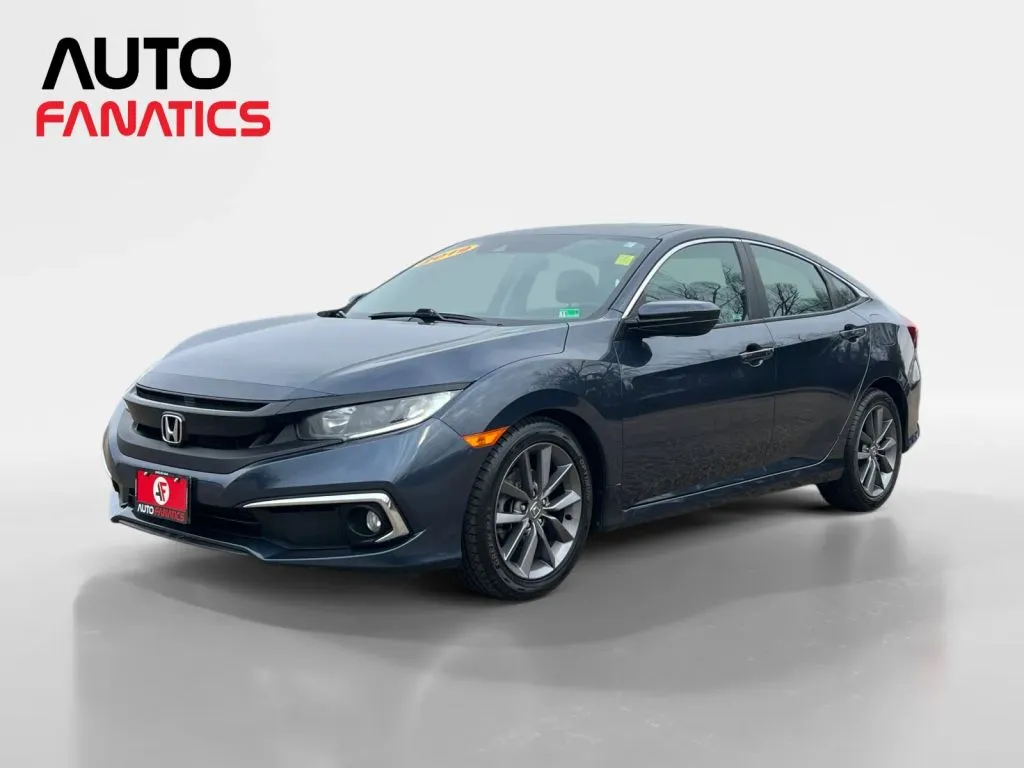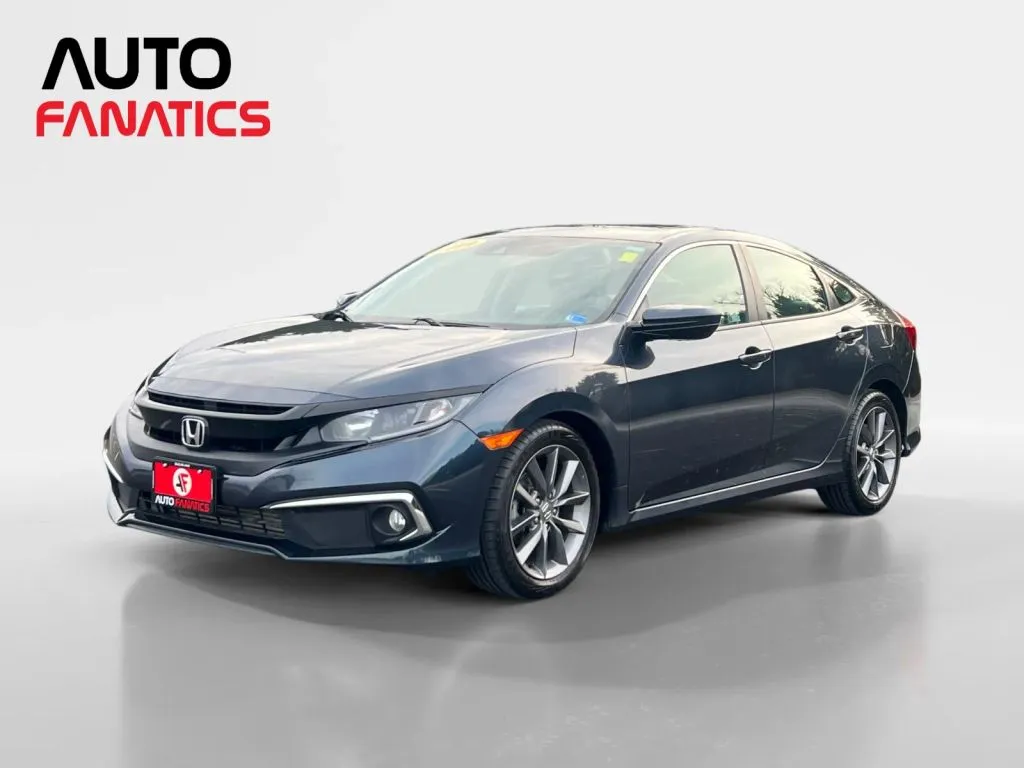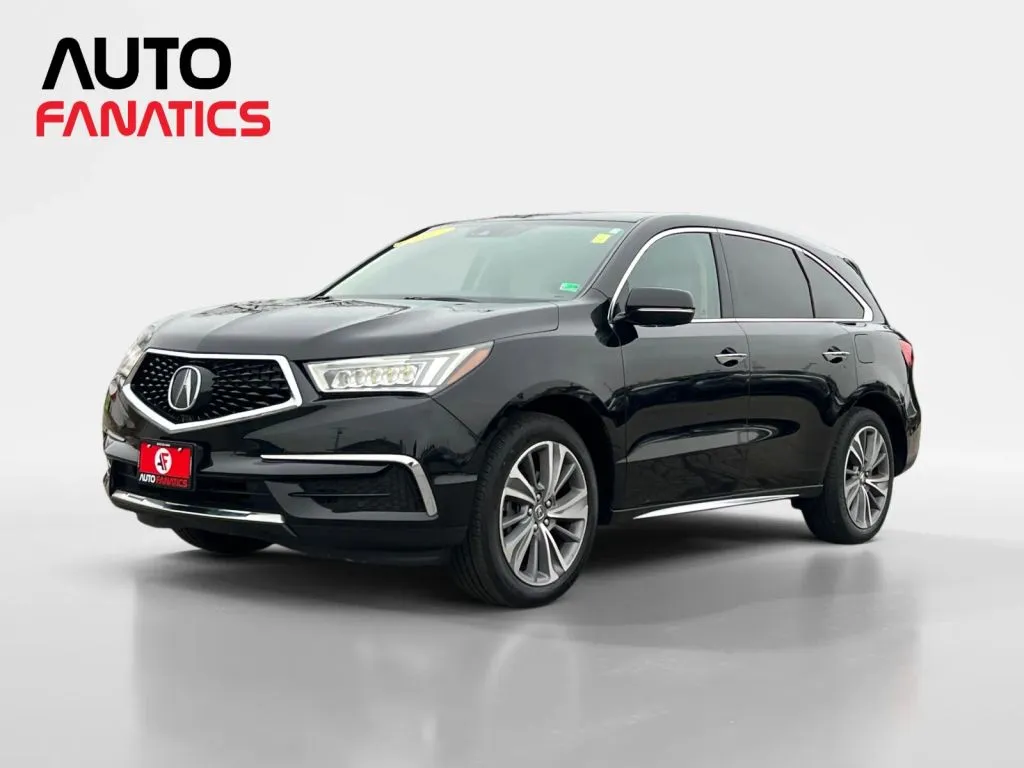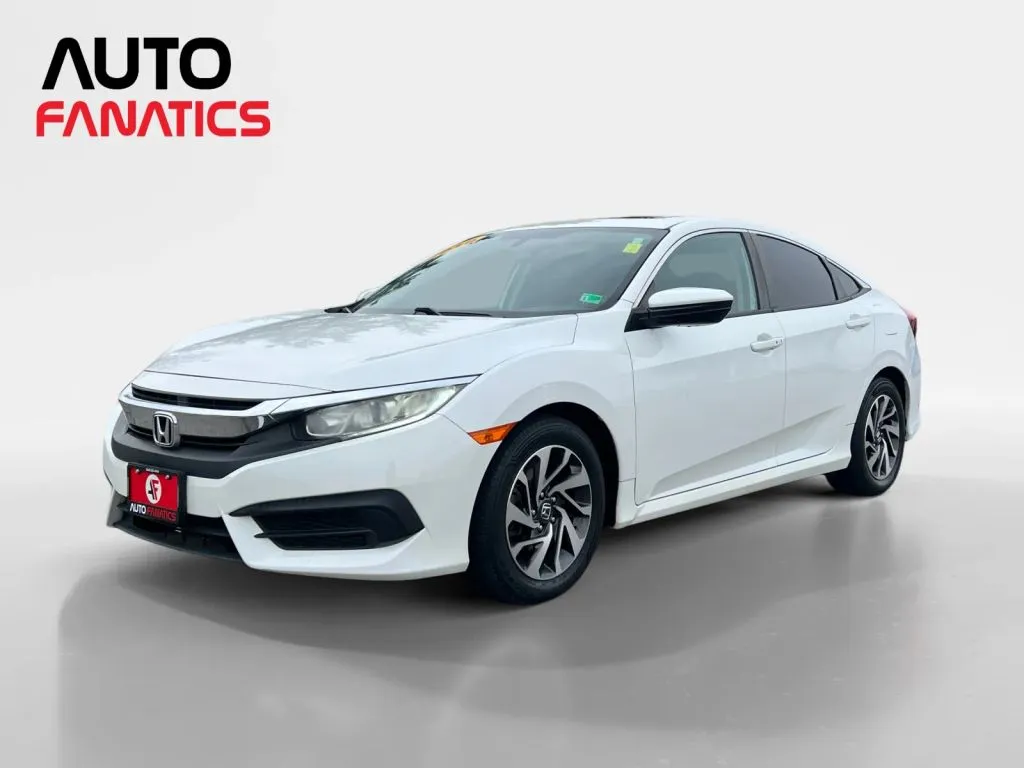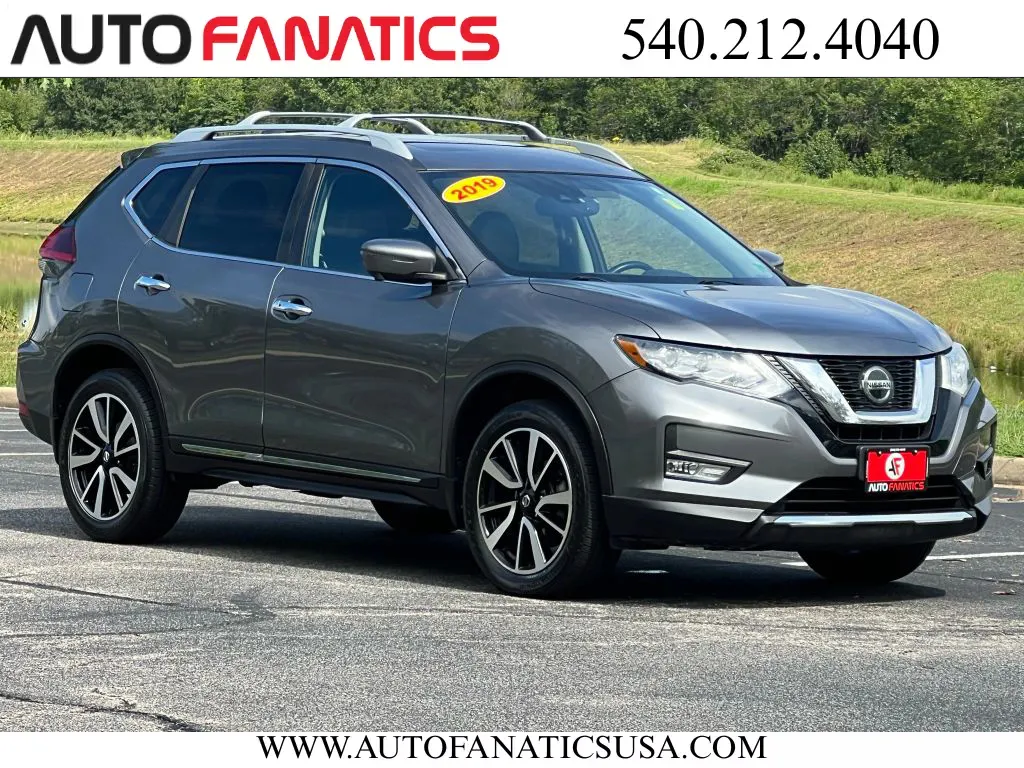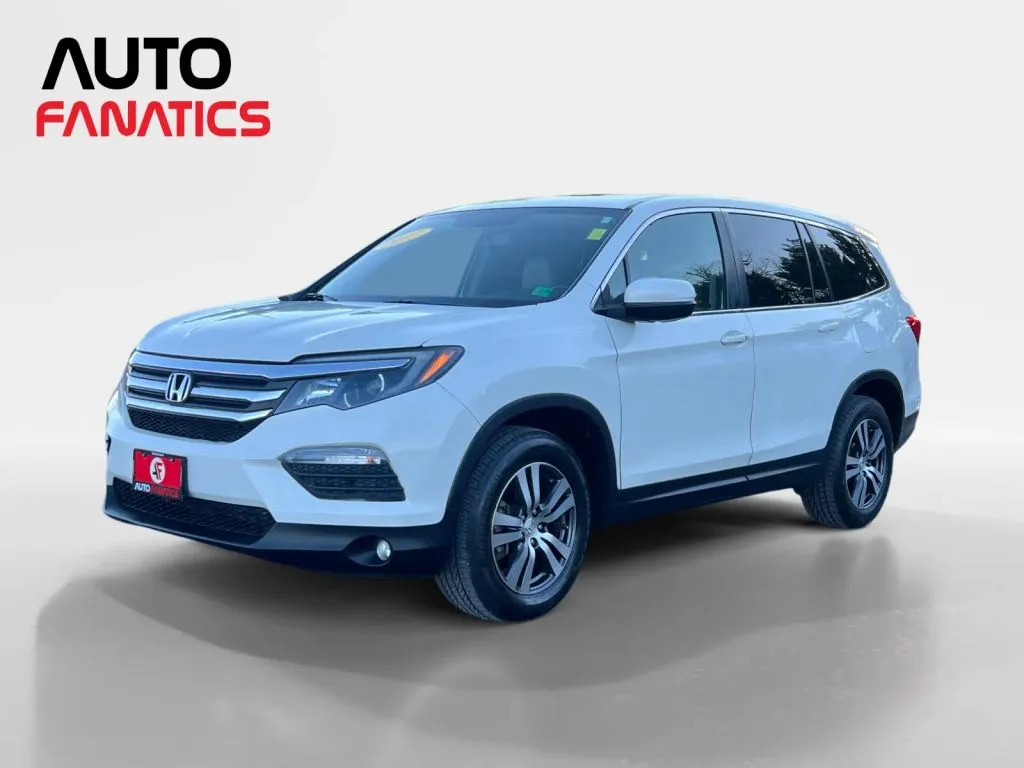Sell My Car for Cash: The Ultimate Guide
Table of Contents
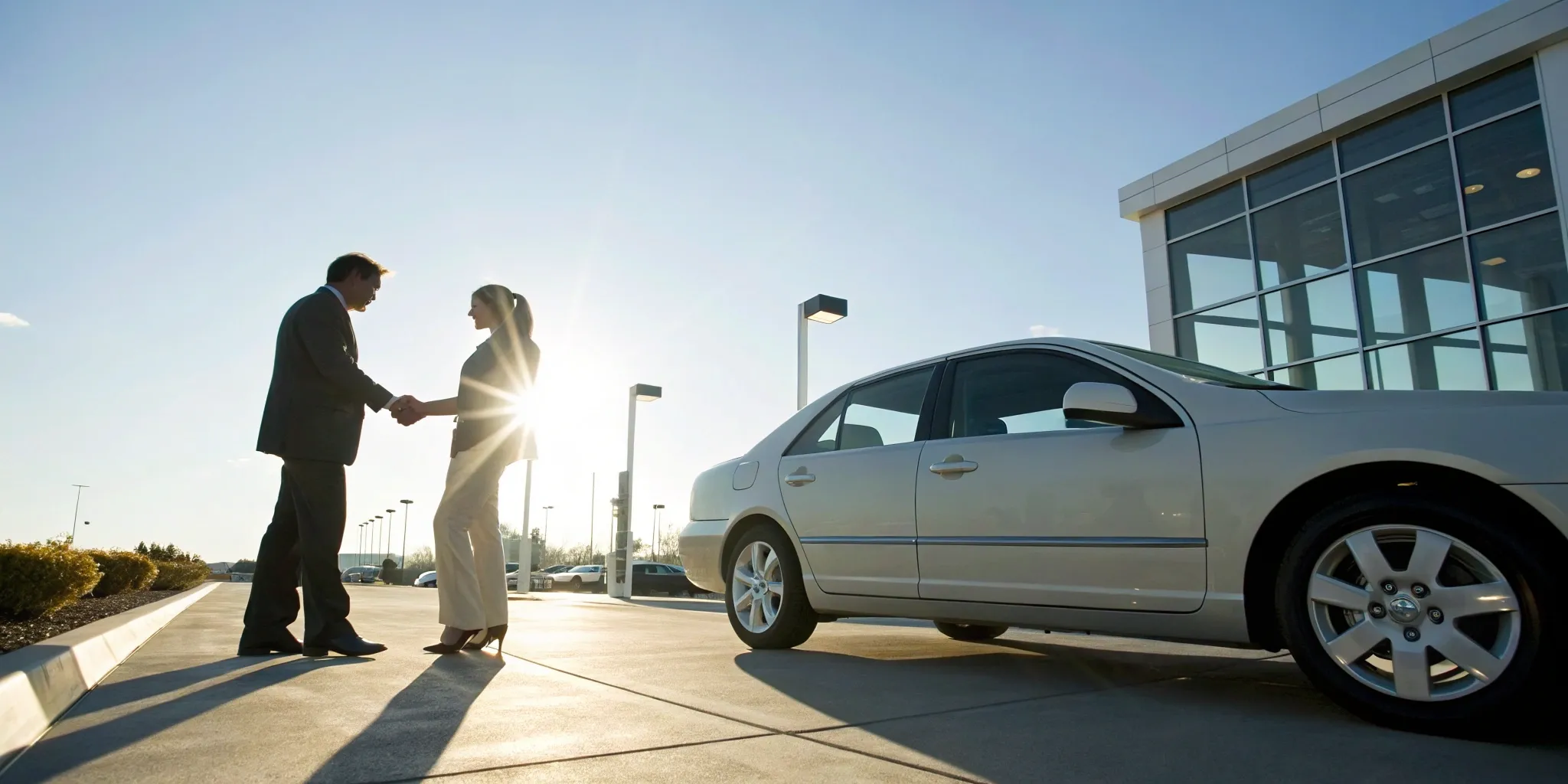
Author(s)

Ray Mehta
CEO AND FOUNDERRay Mehta is the CEO and Founder of Auto Fanatics, a leading independent dealership in Fredericksburg, Virginia. With over 15 years of experience spanning franchise and independent dealerships, Ray has guided management teams that have sold 50,000+ vehicles, giving him deep expertise in automotive retail, financing, and customer experience.
Widely regarded as a subject matter expert in dealership operations and digital retailing, Ray frequently shares insights through blogs and thought leadership articles, where he explores industry trends, credit challenges, and the future of car buying.
At Auto Fanatics, his vision is to create a transparent, customer-first car buying experience, blending technology with trust to redefine how people purchase vehicles.

JOHN TAHHAN
GENERAL MANAGERJohn Tahhan is the General Manager of Auto Fanatics, responsible for overseeing daily operations and ensuring every customer enjoys a smooth, transparent car-buying experience. With more than a decade of automotive retail experience, John has honed his skills in sales management, financing programs, and inventory strategy, helping Auto Fanatics grow while maintaining its customer-first values.
Known for his hands-on leadership style, John works closely with his team to create processes that drive efficiency and long-term satisfaction. His approachable personality and focus on integrity have made him a trusted leader among staff and customers alike.
Outside the dealership, John enjoys riding bikes, a passion that reflects his energy, focus, and love for the open road.

